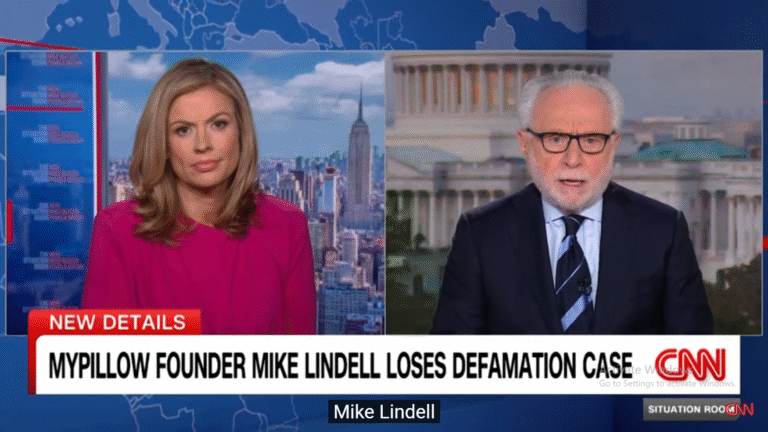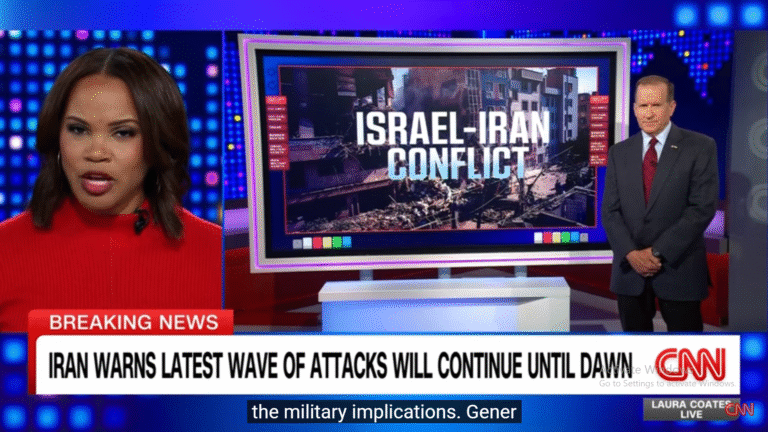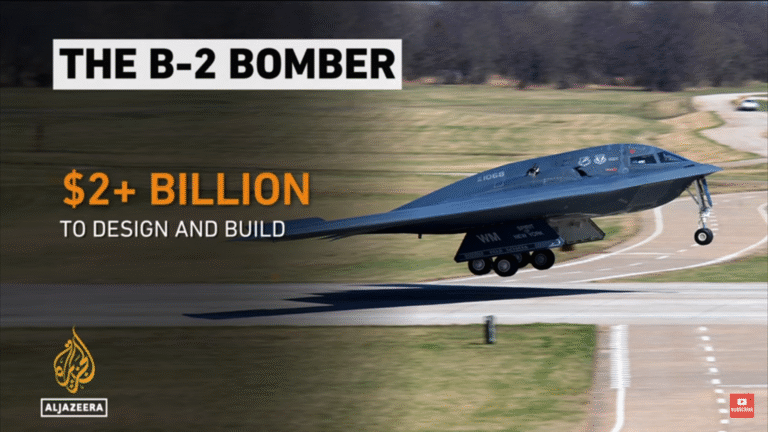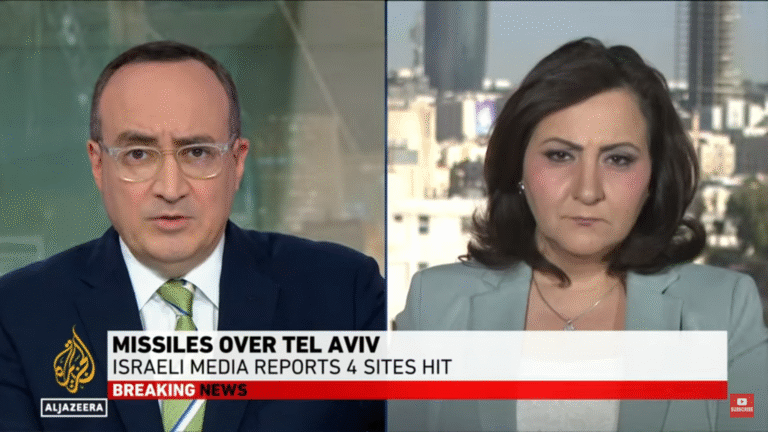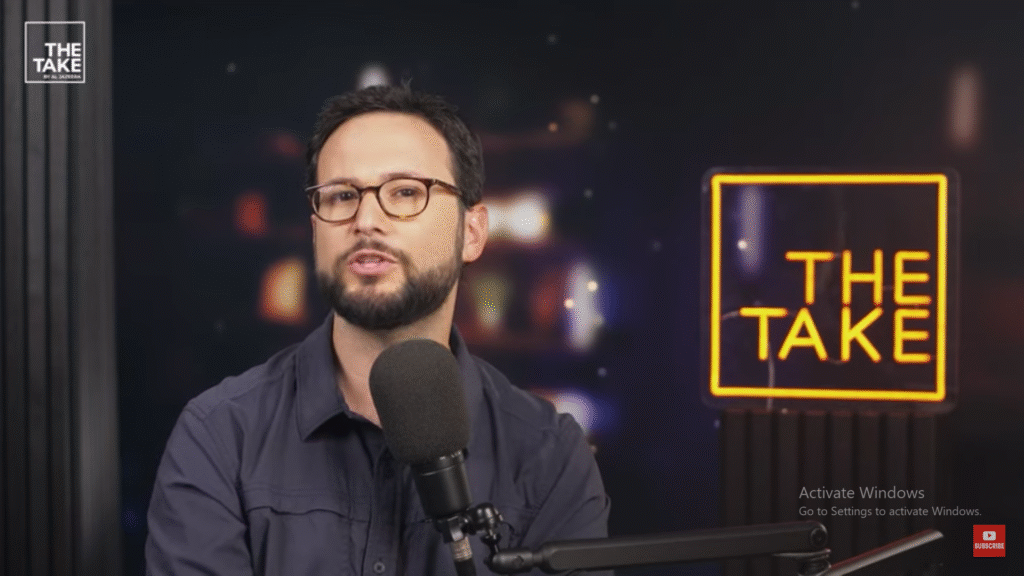
As Donald Trump signals a return to the political stage, his potential military plans are raising concerns among US troops. These concerns are not just about logistics—they reflect deeper fears about how the military could be used under his leadership.
Many service members worry that Trump may again try to use military force for political purposes. His past comments about deploying troops during domestic protests and at the southern border still echo across military circles. Consequently, troops are questioning whether their roles could shift from national defense to political enforcement.
Troops Push Back Against Political Involvement
Military members and veterans have openly expressed their discomfort. They believe Trump’s proposed deployments might drag the armed forces into political conflicts, something they were never meant to handle.
One retired Army officer put it clearly:
“The military exists to defend the Constitution, not to enforce a politician’s agenda.”
This statement reflects a widespread belief within the ranks. Soldiers want to serve their country—not become tools in political games.
Clear Missions Build Strong Morale
Military success relies on well-defined missions. When politicians blur those lines, troops suffer from confusion and lower morale. They need to know why they are being sent somewhere, what they are supposed to do, and how their mission serves national interests.
Under Trump’s past leadership, this clarity often disappeared. For instance, when he threatened to deploy the military during protests, troops found themselves caught between conflicting expectations. That experience still influences how many view his current rhetoric.
Military Leaders Reinforce Neutrality
Pentagon officials have already begun reminding troops of the importance of staying apolitical. They know that using the military for domestic political purposes can damage its credibility and unity.
Moreover, top commanders stress that every soldier swears an oath to the Constitution—not to any individual leader. They are actively working to protect that principle from erosion.
Divisions and Uncertainty Within the Ranks
Not all service members share the same concerns. Some believe the military should follow any legal order from a sitting president, regardless of politics. Others argue that blindly following political commands could destroy the very fabric of military integrity.
This debate reflects broader divisions within the country itself. Still, most military professionals agree that political neutrality remains essential to maintaining trust and discipline.
Conclusion
Donald Trump’s possible return has sparked anxiety among many in the armed forces. They’re not just thinking about where they might be deployed—but why.
The military operates best when guided by clear missions and constitutional values. As election season heats up, service members and their leaders are standing firm on one point: the military must never become a political weapon.
